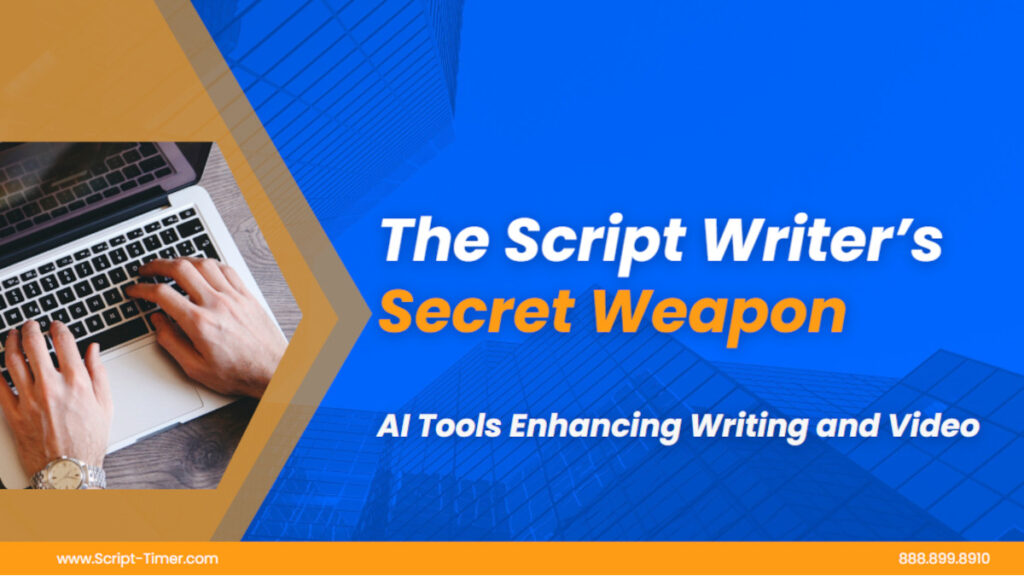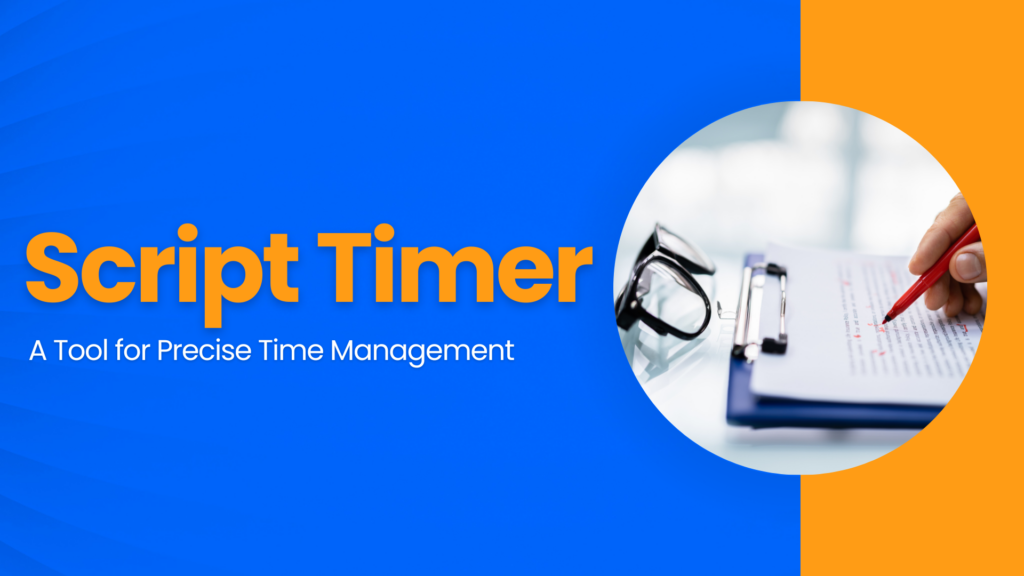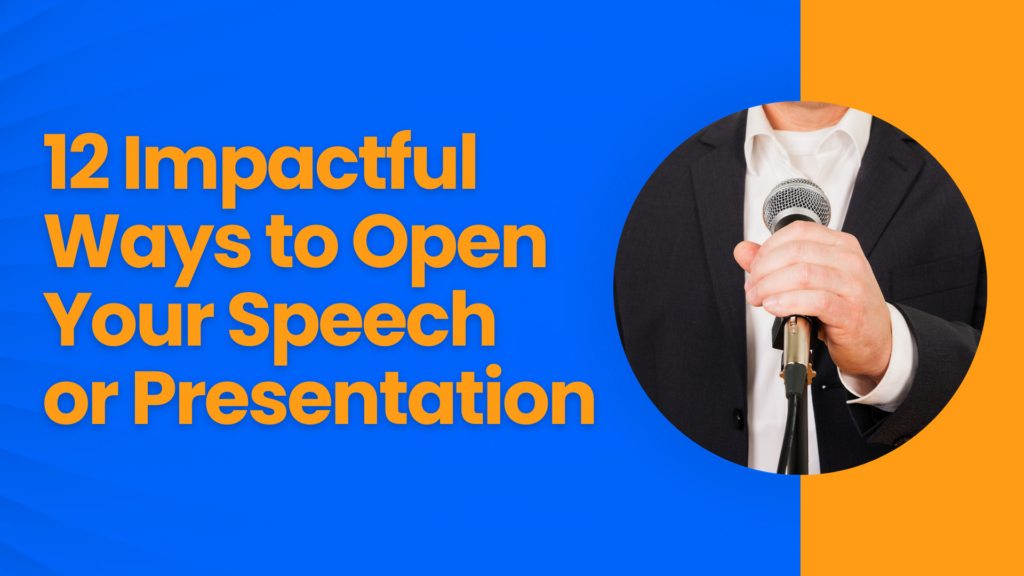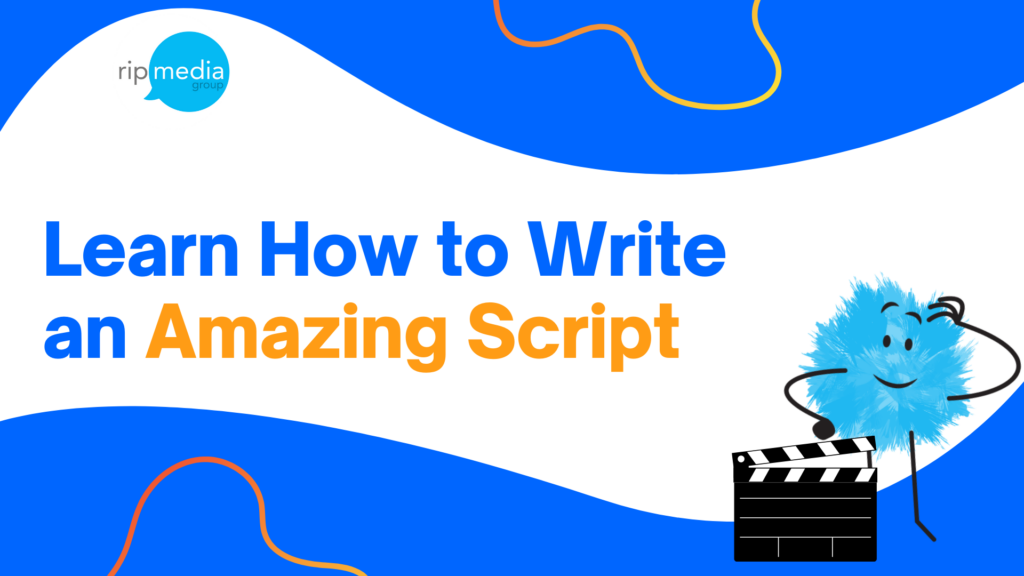The filmmaking world is always evolving and integrating the new technological tools is opening the doors to new possibilities. These new tools, especially Artificial Intelligence (AI) offer new exciting possibilities that empower writers and take all the creative process to a whole new level.
AI has revolutionized various industries and has shown great promise in the field of media. It is increasingly used in the production of movies to analyze and predict a film’s financial success. The applications of AI in other areas of the media, such as creative script writing, have been more limited. But this is rapidly changing. In recent years, new AI script writing tools have emerged from technology companies and academic institutions that enable script writers – both experienced and novice – to use machine learning algorithms to assist in various aspects of the script writing process. Such tools include word counter, time calculator ,script calculator, the latter of which was developed by the authors of this article. These tools function by breaking down large data sets of existing scripts and film narrative and use this data to train and run analyses of users’ scripts – providing suggestions based on the learned relationships between different variables in the data. Research in this area is as much multidisciplinary as it is collaborative, and the development of AI and machine learning in particular requires constant engagement, improvement, and analysis in order to effectively assess the potential suitability of these technologies to the stage and screen. The use of AI to assist script writing has led to both praise and criticism from different sides of the debate. In this article, we will explore some of the key benefits and challenges of this technology in the context of creative script writing and provide an outlook on how AI could shape the future of the industry.
Next let’s see how modern technologies are starting to make their own place in filmmaking and helping storytellers to take their creativity to the next level:
1. Idea Generation:
The greatest masterpiece begins with an idea, but moving from one new idea to another in a brainstorming session can be very much like finding a needle in the hay. AI tools now offer an inspirative treasure map while mapping gigantic databases of scripts, novels, and movies until the smallest detail. They pattern trends, tendencies for narration so that they guide the spark to catch fire, hence point the way for creativity in newfound narratives.
2. Making the characters come alive:
To deliver intricate concepts through an intended audience is at the heart of any memorable story. Picking these characters and themes, artificial intelligence software goes through in-depth character analysis from the available scripts and literature to their archetypes, tendencies, and motives. Empowered with this new understanding, they articulate multi-dimensional personas – ones that leap off the page and into their hearts – and make connections that last. The dialogue is literally the soul of any screenplay, and without it, emotions won’t be conveyed to either the actors or the public. With sentiment analysis and linguistic algorithms, AI tools hone dialogues to the mirror’s edge where each word resonates with authenticity and effect. From wit to dramatic tension, the AI tools will be indispensable companions in the quest for dialogue that reverberates within the minds of its audience long after it has passed them by.
3. Weaving a Seamless Plot:
Sophisticated tools using AI are now here to guide the writers in the course of narration, down to picking on a probable inconsistency and poor plot pacing in your narrative. An invaluable resource helps the writer to struggle against these pitfalls, giving them suggestions at the level of a program. Then the writer will be capable of producing the plot that will enrage, inspire, and charm audiences on this incredible journey through a spellbinding plot. Encouraging Collaboration and Feedback: Writing is a solitary activity, yet ideas are best born from a melting pot; a hive mind that encompasses all possibilities. AI tools are such stimuli for writers, directors, and producers to collaborate over and across connection barriers. That collaboration is carried out on cloud-based platforms that use real-time capabilities to meld ideas and insights into various perspectives of the creative tapestry that drive a project towards limitless expanses.
4. Take Language Barriers Off:
In such a globalized world, the opportunity not to be restricted by linguistic boundaries has taken on an even more important status. Essentially, it is this kind of AI adaptation and translation tool that leaps across these divides that separate cultures, thus allowing a larger audience than ever before access to the ideas of film-makers. They do so by comparing source material and then authoring scripts in other cultural contexts, permitting access into markets and opportunities that allow people now to weave a filmic tapestry of freedom of expression like no other time in history.
It is always important to remember that these new AI tools are not meant to replace human creativity and you should not try to use them in that way. They are here to assist, help with creativity and make the script writing process more efficient. By using these new tools writers can take their script writing level to new heights, and tell more compelling stories that will make them connect with people worldwide.
Overall, by the introduction of AI tools, the screenwriting industry is reconstructed. Overall, the content creators actually step into their journey of experimentation, thus pushing the borders of cinematic storytelling and granting new breath to the art of their passion.





